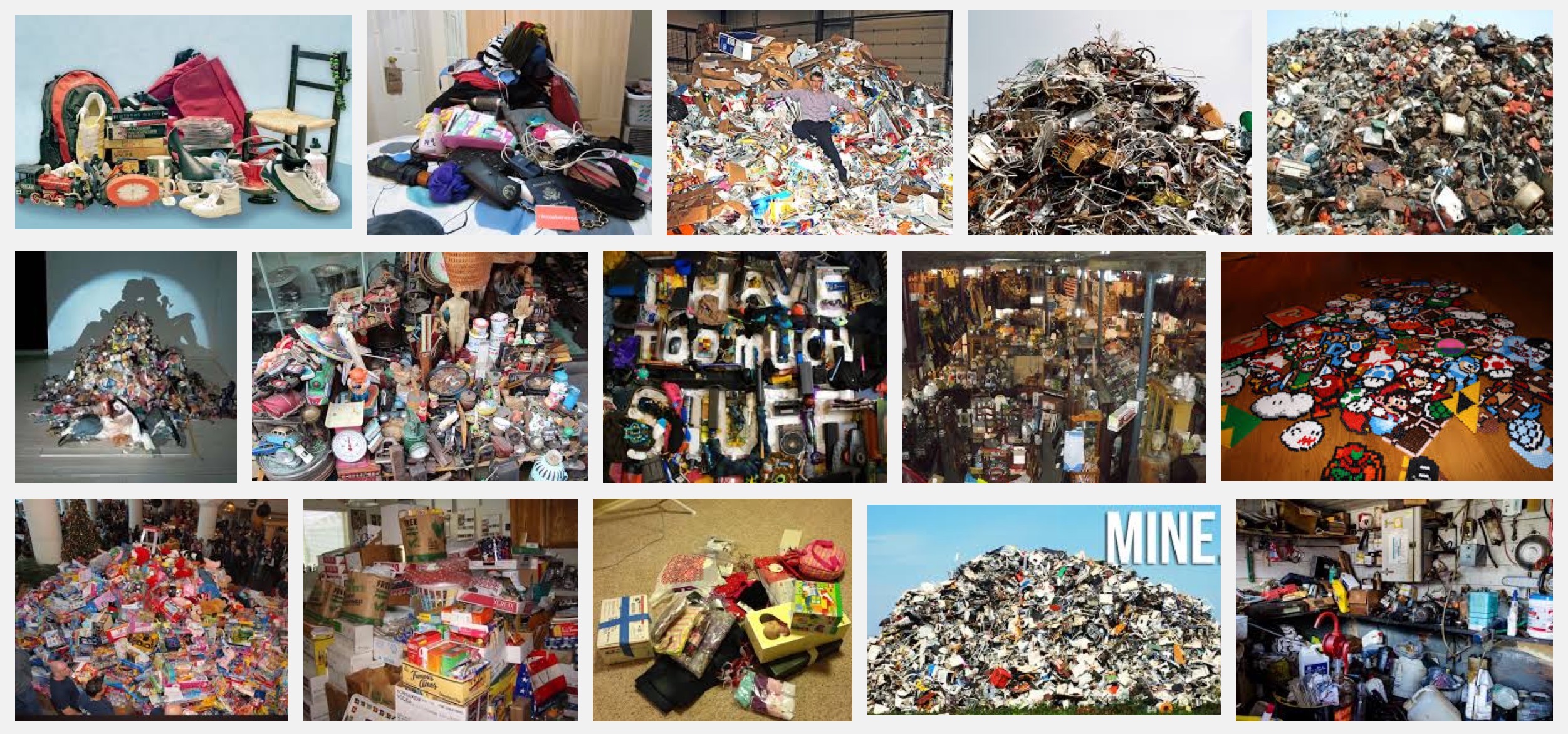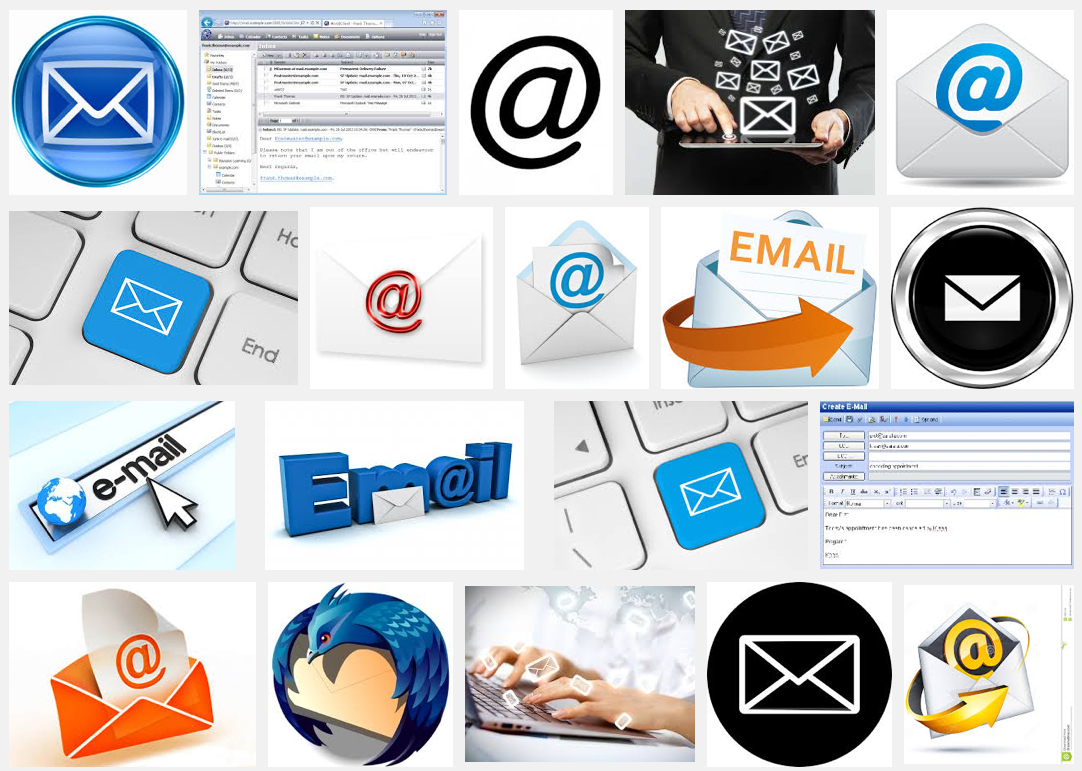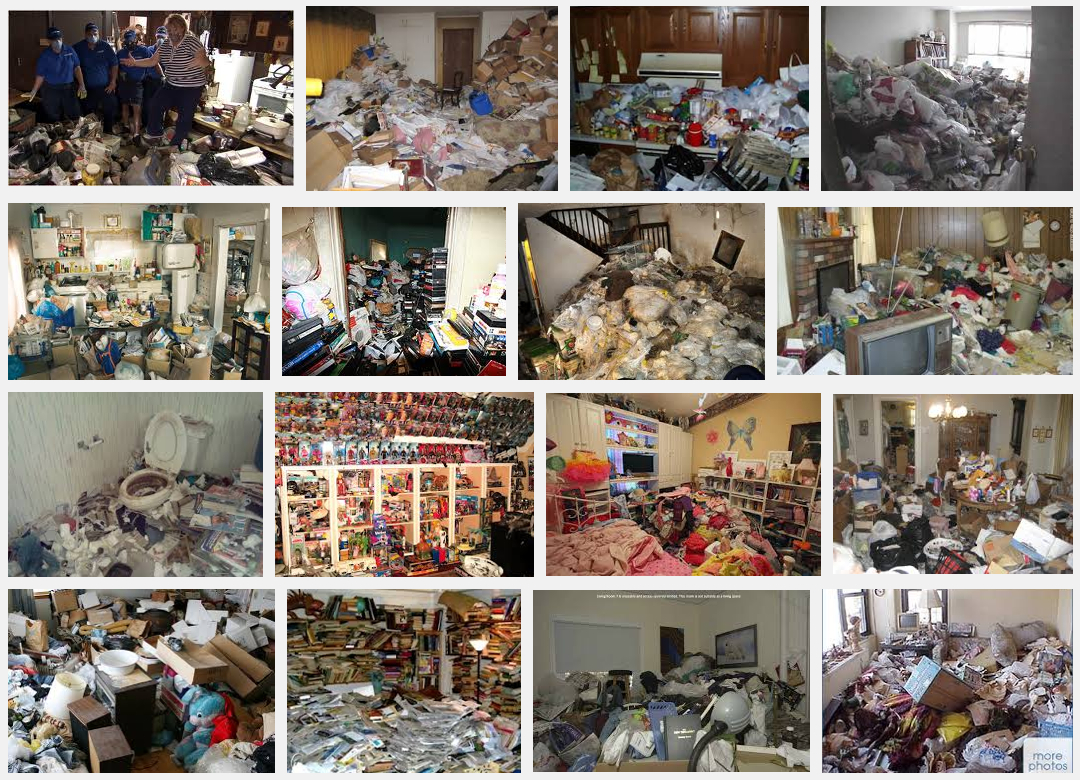Many of us in the West, and now increasingly in developing nations, are the guilty perpetrators of the seemingly never-ending cycle of consumption and accumulation. Yet for all the talk of sustainability, down-sizing, and responsible consumption we continue to gather, hoard and surround ourselves with more and more stuff.
From the Guardian:
The personal storage industry rakes in $22bn each year, and it’s only getting bigger. Why?
I’ll give you a hint: it’s not because vast nations of hoarders have finally decided to get their acts together and clean out the hall closet.
It’s also not because we’re short on space. In 1950 the average size of a home in the US was 983 square feet. Compare that to 2011, when American houses ballooned to an average size of 2,480 square feet – almost triple the size.
And finally, it’s not because of our growing families. This will no doubt come as a great relief to our helpful commenters who each week kindly suggest that for maximum environmental impact we simply stop procreating altogether: family sizes in the western world are steadily shrinking, from an average of 3.37 people in 1950 to just 2.6 today.
So, if our houses have tripled in size while the number of people living in them has shrunk, what, exactly, are we doing with all of this extra space? And why the billions of dollars tossed to an industry that was virtually nonexistent a generation or two ago?
Well, friends, it’s because of our stuff. What kind of stuff? Who cares! Whatever fits! Furniture, clothing, children’s toys (for those not fans of deprivation, that is), games, kitchen gadgets and darling tchotchkes that don’t do anything but take up space and look pretty for a season or two before being replaced by other, newer things – equally pretty and equally useless.
The simple truth is this: you can read all the books and buy all the cute cubbies and baskets and chalkboard labels, even master the life-changing magic of cleaning up – but if you have more stuff than you do space to easily store it, your life will be spent a slave to your possessions.
We shop because we’re bored, anxious, depressed or angry, and we make the mistake of buying material goods and thinking they are treats which will fill the hole, soothe the wound, make us feel better. The problem is, they’re not treats, they’re responsibilities and what we own very quickly begins to own us.
The second you open your wallet to buy something, it costs you – and in more ways than you might think. Yes, of course there’s the price tag and the corresponding amount of time it took you to earn that amount of money, but possessions also cost you space in your home and time spent cleaning and maintaining them. And as the token environmentalist in the room, I’d be remiss if I didn’t remind you that when you buy something, you’re also taking on the task of disposing of it (responsibly or not) when you’re done with it. Our addiction to consumption is a vicious one, and it’s stressing us out.
I know this because I’ve experienced it, having lived in everything from a four-bedroom house to my current one-bedroom flat I share with my daughter – but I’m also bringing some cold, hard science to the table.
A study published by UCLA showed that women’s stress hormones peaked during the times they were dealing with their possessions and material goods. Anyone who parks on the street because they can’t fit their car into the garage, or has stared down a crammed closet, can relate.
Our addiction to consuming is a vicious one, and it’s having a markedly negative impact on virtually every aspect of our lives.
Read the entire story here.
Image courtesy of Google Search.




 Life coach Jayne Morris suggests that de-cluttering your desk, attic or garage can add positive energy to your personal and business life. Morris has coached numerous business leaders and celebrities in the art of clearing clutter.
Life coach Jayne Morris suggests that de-cluttering your desk, attic or garage can add positive energy to your personal and business life. Morris has coached numerous business leaders and celebrities in the art of clearing clutter.